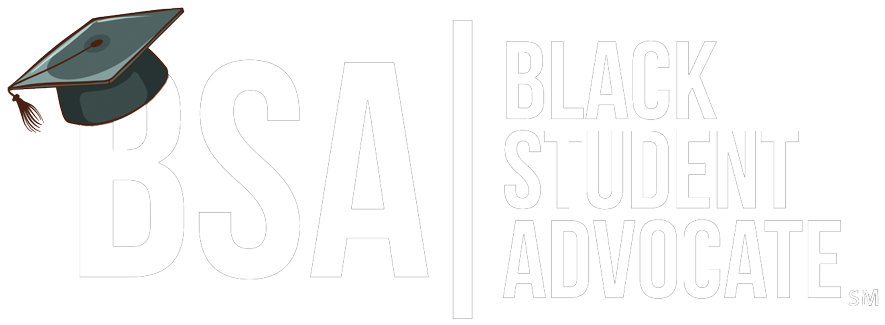Racism in the classroom is a systemic problem that negatively impacts the academic and social well-being of black students. It is a pervasive issue that affects the entire educational system and requires urgent attention. The Black Student Advocate Network promotes equity and inclusivity in academic settings and has identified five effective ways to address racism in the classroom. By implementing these strategies, educators can create a more equitable and welcoming learning environment for all students.
1. Acknowledge and address racial bias
The first step in addressing racism in the classroom is to acknowledge and address racial bias. Teachers and educators must know their biases and prejudices and work to overcome them. They must also be willing to engage in uncomfortable conversations about race and racism with their students. Educators can create a safe and welcoming environment for all students by acknowledging and addressing racial bias.
2. Incorporate diverse perspectives and voices
Another effective way to address racism in the classroom is to incorporate diverse perspectives and voices into the curriculum. Teachers should strive to include a broad range of perspectives and experiences in their lessons, including those of people from different races, ethnicities, and cultures. By doing so, students can better understand the world around them and learn to appreciate diversity.
3. Encourage open dialogue
Encouraging open dialogue is another effective way to address racism in the classroom. Teachers should create a safe space where students can share their experiences and thoughts about race and racism. This can help to break down stereotypes and prejudices and foster a more inclusive learning environment. Teachers should also be willing to listen to their students and address any concerns or questions.
4. Foster a sense of belonging
Fostering a sense of belonging is critical in addressing racism in the classroom. Teachers should ensure all students feel valued and included in the classroom community. This can be achieved by acknowledging and celebrating the diversity of the class, providing opportunities for students to connect, and creating an inclusive classroom culture.
5. Provide resources and support
Finally, providing resources and support is critical in addressing racism in the classroom. Educators should provide resources such as books, articles, and videos that address issues of race and racism. They should also be willing to provide support to students who may be experiencing discrimination or prejudice. This can include connecting them with resources within the school or community and providing emotional support and guidance.
In conclusion, addressing racism in the classroom is a critical step in creating a more just and equitable educational system for black students. By acknowledging and addressing racial bias, incorporating diverse perspectives and voices, encouraging open dialogue, fostering a sense of belonging, and providing resources and support, educators can create a safe and welcoming learning environment for all students. The Black Student Advocate Network is committed to promoting equity and inclusivity in educational settings and encourages all educators to join us in our mission. We can create a more just and equitable educational system for all students.







Share This Page